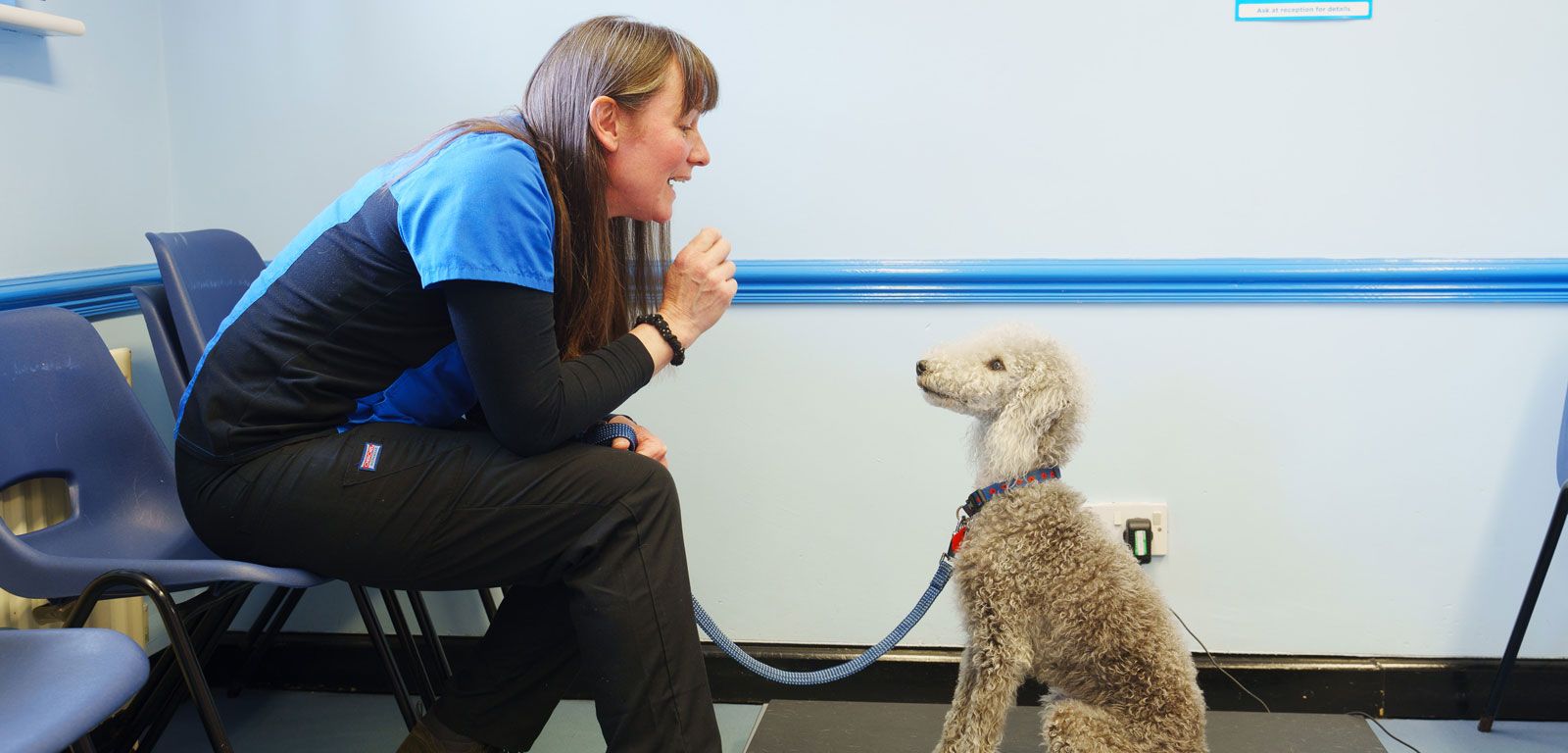Vaccinations
Our Views on Vaccinating Companion Pets
The subject of vaccination protocols has recently been an issue in human and veterinary medicine.
A lot of this, ironically, is down to the previous success of widespread vaccination reducing the incidence of certain diseases to such low levels that they were effectively “forgotten about”, and so questions were raised about the need to vaccinate at all, and if so, how often.
We have provided very useful links to the veterinary medicines directorate’s website, and to The National Office of Animal Health’s website (NOAH) which we feel, not only summarises the current view in the United Kingdom, but also does so with reference to, and consideration of, recent WSAVA guidelines.
In particular, recent extensive studies (2014) have revealed that a common leptospirosis serovar isolated from dogs in this country (bratislava) is not actually included in current bivalent vaccines… It is included in the latest Lepto 4 vaccine, which we are now using. You should check which vaccine your vet uses if you want to include cover for this serovar (does it include BRATISLAVA – currently only nobivac Lepto 4 does). Leptospirosis can affect humans (weil’s disease) – it’s very important your pet is protected.
- VMD position on vaccination schedules dogs
- NOAH statement on canine vaccination
- BSAVA policy statement on vaccination of pets
It is our view that vaccination is essential for most companion pets, and should be carried out according to guidelines on booster frequency, to ensure effective cover, but not to over vaccinate.
It is also our view that with no scientific evidence base currently available to support them, Nosodes cannot be considered an effective alternative, and we do not endorse the use of these unlicensed products.


